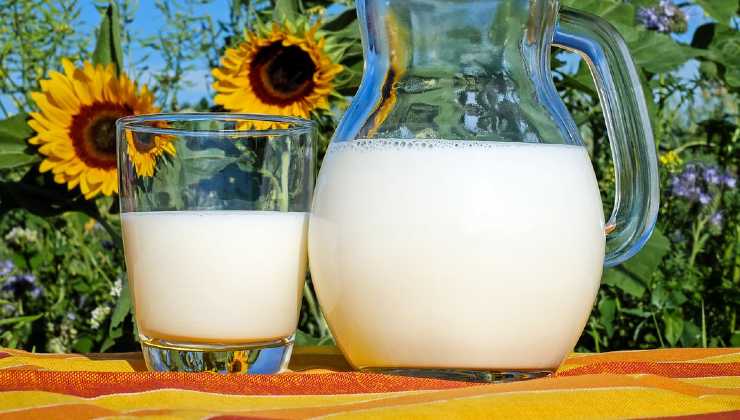What unfolds when milk is spilled on your house and garden plants? A mere five-minute wait reveals the magic.
Cultivating a love for plants is a privilege, and discovering the key to their optimal care often involves tapping into ancient methods that bypass the use of industrial chemical products. This approach not only preserves the well-being of the plant but also contributes to the broader protection of nature. The integration of milk into plant care stands as a testament to this philosophy, echoing the advice of seasoned gardeners. This practice has roots in ancient wisdom, as communities uncovered the versatile applications of this beverage.
The foremost application of milk in plant care is its role as a natural disinfectant, especially when dealing with illnesses or combating them. When encountering diseased branches, milk proves invaluable in disinfecting pruning tools and the cutting area.

Pouring this valuable elixir directly onto plants unfolds a transformative process within just five minutes. Little-known to many, milk serves as an exceptional essential nutrient, acting as an abundant source of calcium and essential vitamins. To apply, simply dilute milk with water in equal parts and pour it directly into the soil, simulating the act of watering the plants. After a brief five-minute interval, the plant rejuvenates, nourished and poised to bloom.
The milk-water solution can also be harnessed in spray form, offering an alternative method by which it can be applied directly to the leaves. Additionally, the concoction serves as a preservative-free fungicide, further expanding its range of application. Diluting it in water enhances its potency, making it a formidable defense against various plant diseases.

